Feeling Exhausted? These sleep tips can help
Time your caffeine right
Did you know that good sleep is an essential pillar for good health?
Poor sleep can contribute to everything from food cravings to chronic health conditions.
So it’s important to get the best sleep you can.
Caffeine improves focus and concentration by enhancing the release of neurotransmitters like dopamine, norepinephrine and serotonin which are involved in regulating attention, focus and mood. This can lead to improved concentration and mental alertness which is not what we want to have sound sleep.
The release of adrenaline is stimulated by caffeine, the hormone that triggers our ‘fight or flight’ response, which leads to an increase in heart rate and blood pressure.
Adenosine, the neurotransmitter that promotes relaxation and sleep is blocked by consuming caffeine. By blocking this, we are promoting wakefulness and increasing brain activity.
Some people are more sensitive to caffeine than others. This comes down to how quickly you metabolise it – some people can still feel wired after 6+ hours. If you’re experiencing sleep issues, try keeping your coffee for the morning for a few weeks.
Minimise any bright light at night
When we used to live in caves, the sun going down would be the end of our day.
But when we come home these days, we have bright lights in every room.
If you’re exposed to bright light, your body thinks that it’s daytime. This can switch off production of your main sleep chemical, melatonin. So when you go to lie down in the dark, it can take hours for your body to get the message that it’s time to sleep.
Seratonin, our ‘feel-good” neurotransmitter, is generally higher during the day. As we approach the evening, light exposure decreases and serotonin is then converted to melatonin, preparing the body to sleep. If there is a disruption eg. bright lights and screen time, quality of sleep and the circadian rhythm regulation is compromised.
This doesn’t mean you have to go stumbling around in the dark. But you might want to switch from overhead lights to lamps in the evening, and turn off any lights that aren’t necessary.
The same goes for technology like TV, tablets and smartphones. It’s best to have a minimum of 30 minutes tech-free before bed. I aim for around an hour before bedtime to put away devices, or at least I try to!
If you are likely to need tech for some reason in the evenings, I recommend downloading some blue-light blocking apps like f.lux and Twilight or changing settings to night time so that the screen reduces the blue-light.
Find a way to de-stress
A common cause of poor sleep is high stress levels. You lie down for the night, only to have a million thoughts and to-do items rush through your mind.
There are dozens of ways to reduce stress naturally – it depends on what you prefer. Some ideas might be:
· Talking with a partner or friend about your day
· Journalling
· Meditation
· Yoga
· Tai chi
· Sipping a cup of herbal tea
· Having a warm shower
· Going for a walk around the block
· Read a chapter of a book
· Laughter (have you heard of laughter yoga?)
· Listening to music
· Engaging in a hobby eg. gardening, sewing, painting (anything that requires you to focus on the task)
Create a night ritual
Habits and routine can tell our bodies what we’re likely to do next.
A good way to ‘train’ your body to sleep at the correct time is to have a routine that you do each night before bed.
This routine can be as little as 30 minutes. Maybe you have a shower and change into your pyjamas, then make a cup of sleep-blend tea. Organise the kids lunches, bags and clothes while your tea infuses. As you sip your tea, you might review your to-do list for the following day. Maybe you set out your clothes. 5 minute meditation. Read a few pages of your favourite book.
If you make small habits that support sleep part of your regular routine, you’re more likely to get a good night sleep on a regular basis.
A FINAL WORD
Some of our best sleep supports are from nature, Matricaria chamomilla, Passiflora incarnata, Melissa officinalis and Valeriana officinalis.
Need some help promoting good quality sleep? I am a qualified naturopath who is deeply passionate in helping women heal.
Simply drop me an email to see how I can help you!
References
https://www.ncbi.nlm.nih.gov/books/NBK223808/
Hi, I’m Kylie.
Follow my blog for tips about your health. I can help you further with one-on-one consultations here.





